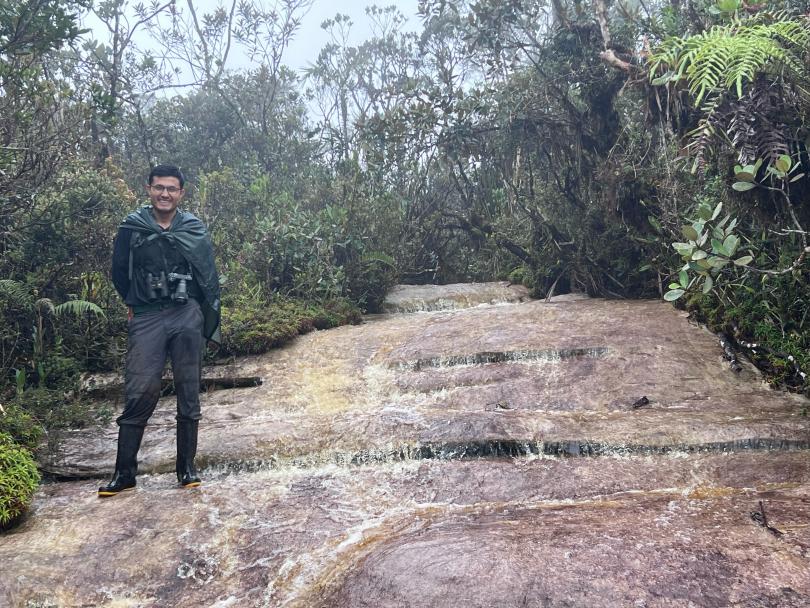Arts and Sciences senior blends passions on her path to medical school
By Avery Schanbacher and Francis Von Mann

Arts and Sciences graduating senior among students chosen to speak at commencement

LEXINGTON, Ky. (May 5, 2025) — University of Kentucky President Eli Capilouto has selected four graduating students to represent the Class of 2025 as speakers at UK’s May Commencement Ceremonies. The ceremonies take place Friday, May 9, and Saturday, May 10.
Spring 2025 Undergraduate Student Spotlights
MEET OUR SPRING 2025 UNDERGRADUATE STUDENT SPOTLIGHTS
Julia Bianchini Andrade
 Tell us a little about yourself.
Tell us a little about yourself.
What is your major?
Biology
Minors?
Spring 2025 Graduate Student Spotlight
MEET OUR SPRING 2025 GRADUATE STUDENT SPOTLIGHT
Edison Rea Sancho

Mathew's House & Garden Party

The event is open to everyone.
This will be a fun and informal opportunity to celebrate the garden, learn about its history, and connect with others in the community. Dr. Jim Krupa will lead the tour.
We’ll have tea cakes, homemade lemonade, and other garden-inspired treats for everyone to enjoy. I’ve also planned a scavenger hunt to encourage guests to explore the garden and engage with the site’s history. A family tree will be on display during the event, and it’s also available on the website. This website focuses on the garden as a whole but is still under construction.
If you're unable to attend, you can listen to the podcast where Dr. Krupa discusses the biodiversity and history of the garden.

